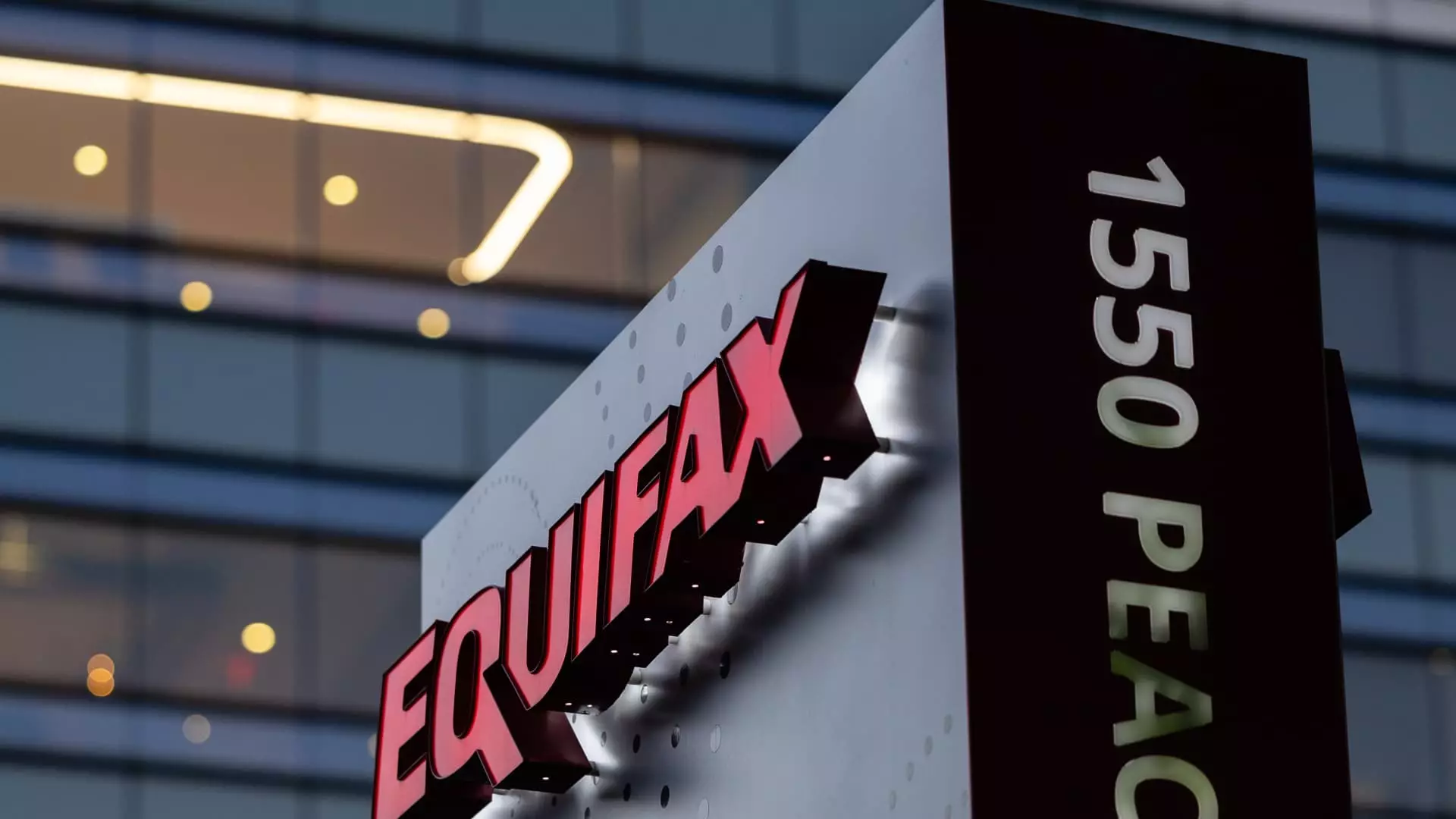The recent financial penalty imposed on Equifax by the Consumer Financial Protection Bureau (CFPB) serves as a stark reminder of the systemic issues plaguing credit reporting agencies in the United States. With a hefty fine of $15 million owing to their mishandling of consumer credit reports, Equifax’s troubles extend beyond mere monetary penalties; they implicate the very foundations of consumer trust and the integrity of the financial system itself. This article delves into the implications of such failures, the regulatory landscape surrounding credit bureaus, and the vital nature of consumer vigilance.
Equifax’s infractions, which the CFPB cites as ranging from ignoring consumer-submitted evidence to reintroducing prior inaccuracies, highlight a troubling pattern of negligence. This systemic failure to properly investigate disputed information raises significant concerns about how the credit reporting process operates. As one of the trifecta of major credit bureaus—including Experian and TransUnion—Equifax’s standards affect millions of consumers. When agencies overlook factual disputes, they not only misinform individuals about their financial standing but also jeopardize crucial life decisions such as securing loans, obtaining employment, and even renting housing.
Despite Equifax’s assertion that it has invested more than $1.5 billion in technological upgrades and process enhancements, the lapse in their operational protocols suggests a deeper, cultural issue within the organization. The CFPB’s description of Equifax’s practices as “flawed” and predating 2017 indicates that these failures are not merely incidental but rather a persistent issue that has gone unaddressed for years.
The ramifications of inaccurate credit reports can be devastating. Adam Rust, director of financial services at the Consumer Federation of America, aptly describes the extreme impacts inaccuracies can have on consumers’ lives. With the potential to affect critical aspects of personal finance, such as loan qualification and job prospects, flawed credit reporting systems can lead to dire economic consequences for individuals. This creates a cascading effect where one erroneous report can impede not only financial health but also overall stability, trapping consumers in a cycle of debt and loss.
Moreover, the CFPB’s findings are not isolated to Equifax. The agency filed a similar lawsuit against Experian, illustrating that systemic issues with credit reporting are prevalent across the industry. Such repeated allegations expose an industry-wide complicity in preserving practices that neglect the needs of the consumers they serve.
In response to such widespread issues, consumers must take proactive steps to safeguard their financial integrity. Regularly checking credit reports can be seen not merely as a suggestion but as an essential practice of financial hygiene. The Federal Trade Commission recommends that individuals check their reports at least once per year, offering tools such as AnnualCreditReport.com. Recognizing discrepancies, such as incorrect personal information or inaccurately reported payment histories, is crucial.
If consumers identify errors, they should pursue disputes formally. Documented disputes sent via traditional mail, as advised by legal experts, often yield better outcomes than electronic complaints. Notably, the importance of this process cannot be overstated. Disputing inaccuracies and demanding transparency from credit bureaus can alter the course of one’s financial future.
Unfortunately, rectifying incorrect information on credit reports can be a painstaking process. For those who face persistent obstacles, legal recourse may sometimes be necessary, particularly if these errors lead to financial loss or increased interest rates. Organizations such as the National Association of Consumer Advocates can assist consumers in finding legal representation tailored to their needs.
Ultimately, while individuals can and should fight for their rights, this burden should not fall solely on their shoulders. Advocacy organizations play an essential role in bringing attention to the systemic flaws within the credit reporting industry, urging stricter regulations and enhanced consumer protections. The credit bureau industry’s reluctance to adapt remains troubling, and it underscores the necessity for ongoing scrutiny and demand for accountability.
The recent punitive measures against Equifax highlight both the need for reform within the credit reporting system and the consequential impact on consumers’ livelihoods. While the financial penalty serves to punish past mistakes, it does little to repair the trust that has been eroded over countless years of negligence. To restore faith in these institutions, a concerted effort from consumers, advocates, and regulators alike is paramount. Only through vigilance, accountability, and reform can the integrity of credit reporting be salvaged to serve its rightful purpose: empowering consumers rather than hindering their financial futures.

